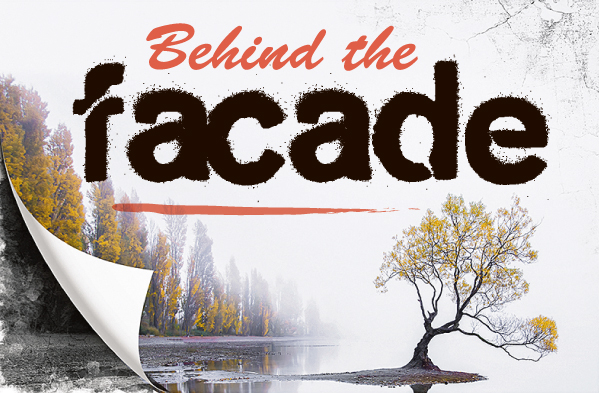This week Aspen Bruce reports on what factors influence the body’s physiological processing of drugs — including the type of person who is more likely to become addicted.
Certain environmental cues can influence how the body processes drugs, University of Otago department of psychology lecturer Ryan Ward says.
Dr Ward referred to Pavlovian conditioning, where specific environments became associated with physiological reactions.
He said one of the things that the body would do was prepare itself to get ready before the drug came in.
It was a learning phenomenon, where the body learnt to fight off the effects of the drug quicker, so it could get back to normal.
Dr Ward said evidence from a fair number of cases revealed overdoses might be related to drugs being taken in a different environment or a different way than the person was usually familiar with.
“Sometimes, in the case of overdoses, the body doesn’t have a chance to get ready. It’s all about whether or not the body can use environmental cues as predictors that the drug is coming,’’ Dr Ward said.
Those who become addicted or experienced adverse effects when taking drugs often had a predisposition that became activated.

“The effects that drugs have on a number of systems will eventually all come back to what they’re doing in the brain,” Dr Ward said.
Social problems connected with poverty — stress, trauma, abuse — were factors that predisposed someone to developing an addiction.
“All of those things that are associated with disadvantaged groups greatly increase the risk for not only drug abuse, but harms associated with drug abuse,” Dr Ward said.
Addiction: Childhood Trauma, Stress and the Biology of Addiction, by Gabor Mate, reported studies of drug addicts revealed a high percentage of patients had experienced a form of childhood trauma.
“Early trauma has consequences for how human beings respond to stress throughout their lives, and stress has everything to do with addiction,” Dr Mate said in the report.
It highlighted how the connection between the physiological response to stress and addiction formed.
“A child who is stressed early in life will be overactive and reactive. He is triggered more easily, is more anxious and distressed.
‘‘Now compare a person — child, adolescent or adult — whose baseline arousal is normal with another whose baseline state of arousal is at a higher level. Give them both alcohol: both may experience the same intoxicating effect, but the one who has this higher physiological arousal will have the added effect of feeling pleasure from the relief of that stress,” Dr Mate said.
– Studies of drug addicts revealed a high percentage of patients had experienced a form of childhood trauma.





